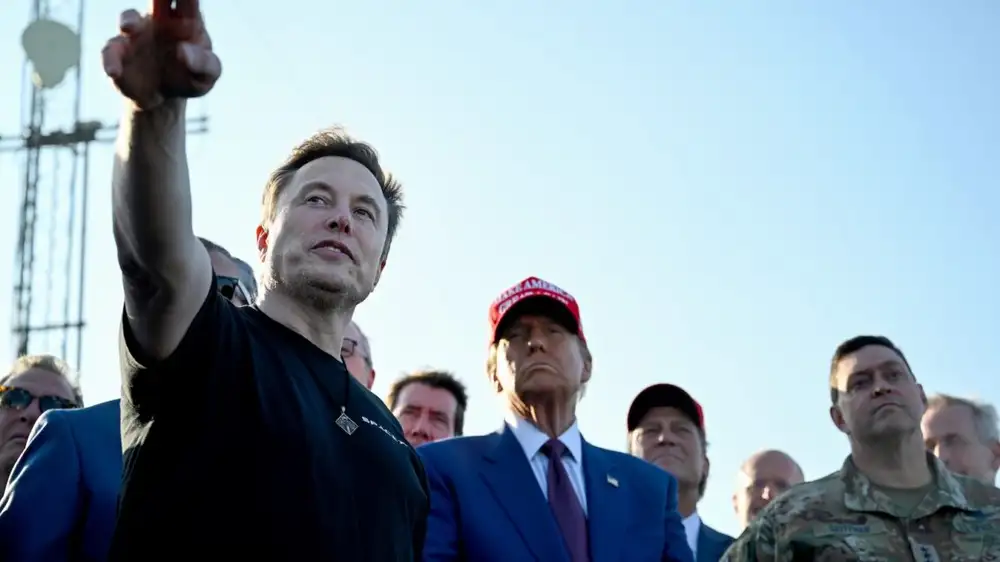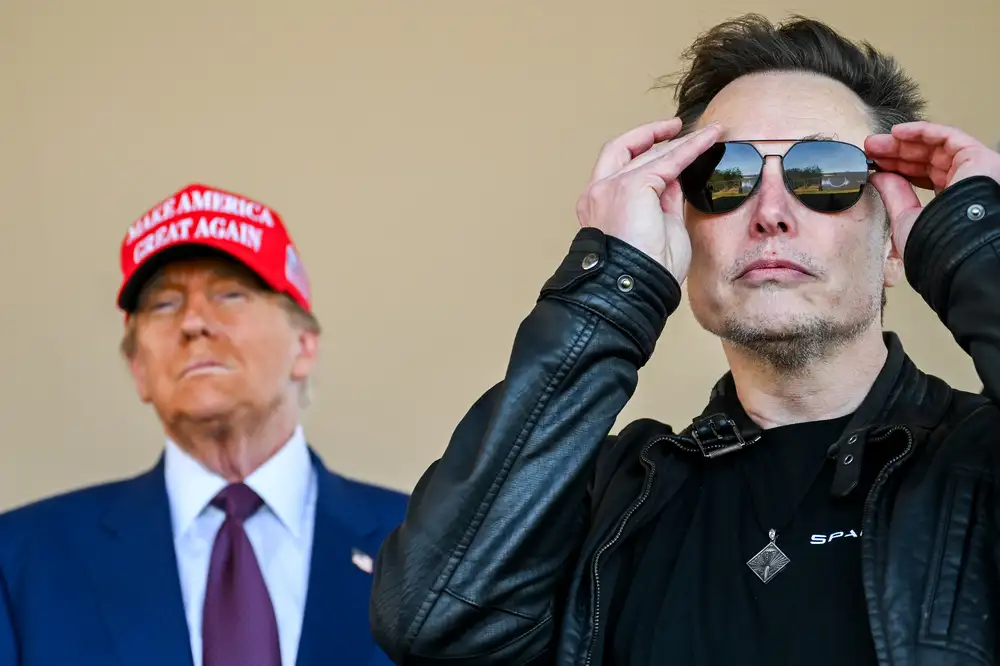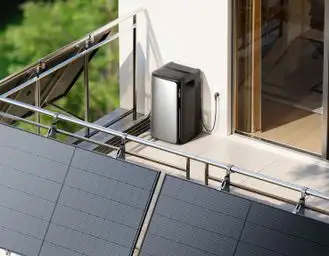A remarkable schoolyard brawl erupted online Thursday between President Donald Trump and his former "First Buddy" Elon Musk during which the pair traded insults and barbs. The war of words reached a crescendo during the afternoon when Trump threatened Musk's federal contracts.
"The easiest way to save money in our Budget, Billions and Billions of Dollars, is to terminate Elon's Governmental Subsidies and Contracts. I was always surprised that Biden didn't do it!" Trump wrote on his social media network, Truth Social, at 2:37 pm ET.
Anyone with a reasonable grasp of reality understood that the "bromance" between the president of the United States and the most wealthy person in the world was going to blow up at some point, but even so, the online brouhaha that has played out Thursday is spectacular—at one point Musk suggested that Trump was in the Epstein files, for goodness' sake.
Much of what was said Thursday is almost certainly rhetoric, but it is perhaps worth taking a moment to step back to analyze what would happen if the federal government did terminate contracts and subsidies with Musk's largest and most valuable companies, SpaceX and Tesla.
SpaceX
Musk's space company is presently NASA's most essential contractor. With the Falcon 9 rocket and Dragon spacecraft, SpaceX provides the space agency's only operational transportation for crew members to the International Space Station. Additionally, when Northrop Grumman's Cygnus spacecraft was damaged in transit earlier this year, it left SpaceX as the only provider of cargo services to the space station for more than half a year.
If NASA were to terminate its contracts with SpaceX, it would effectively mean the end of the International Space Station. The problem with this is that SpaceX also holds the contract to safely de-orbit the space station, which is currently due to occur in 2030. With a mass of more than 400 metric tons, the space station will be the largest human-made object ever to return to Earth and could cause substantial damage in populated areas if not safely de-orbited into a remote part of the Pacific Ocean.
SpaceX also is on the critical path of NASA's program to return humans to the Moon, Artemis. NASA has contracted with SpaceX to use its developmental Starship vehicle as a lunar lander, taking crew down to the surface and bringing them back up to lunar orbit. Although it is true that NASA has also awarded Blue Origin a contract for the same service, it is unlikely that Blue Origin's human lander will be complete for seven to 10 years. This means that if NASA wants to have any chance of beating China back to the Moon, it needs SpaceX to deliver.
For the US military, SpaceX is one of two main contractors that delivers national security payloads into orbit. However, the other provider, United Launch Alliance, has had difficulty getting its new rocket, Vulcan, through the certification process. This has led the US Space Force to begin moving missions from Vulcan to SpaceX's Falcon 9 and Falcon Heavy rockets. Given SpaceX's reliability and responsiveness, the military has decided to award a majority of future launch contracts to the company.
SpaceX's Starlink Internet service has also provided essential communications to the military, which was so enamored with the service that it has purchased a proprietary version of the satellites under the "Starshield" brand for its future satellite communications needs.
The reason that Biden did not terminate these contracts, as Trump asserts he might well have, is because SpaceX has generally provided space services to the US government at a lower cost and on a faster timeline than its competitors. Were the Trump administration to sever its relationship with SpaceX, it would effectively set the US space enterprise back a decade or more and give China's ascendant space program clear supremacy on the world stage.
Tesla
Although Tesla has received federal contracts over the years, these have mostly been rather small, considering the company's size—less than $42 million between 2008 and 2024. But federal subsidies are far more important to the carmaker. The IRS clean vehicle tax credit provides up to $7,500 off the purchase price of a new EV for many buyers, and all new leased Teslas are eligible for a $7,500 commercial clean vehicle tax credit. Other tax credits exist for solar and Powerwall customers.
Additionally, Tesla has benefited extensively from selling emissions credits to other automakers, although California's "Zero Emissions Vehicles" program and the European Union are also sources of these credits in addition to the federal government.
If the Trump administration really wanted to hurt Musk's companies, it might be more effective to do so through regulatory agencies rather than terminating contracts that, by and large, benefit the US government.
For example, the National Highway Traffic Safety Administration could put the screws to Tesla's efforts to develop Full Self Driving and Autopilot features in its vehicles. And the Federal Aviation Administration could stall SpaceX's ambitious Starship program and prevent further expansion of its launch facilities.
Regardless of what actions the Trump administration could take to harm Tesla, shares of the EV maker are suffering. As of this writing, the share price is down nearly 15 percent since the market opened.
With Trump's willingness to use the vast power of the federal government for his own whims, there really is no end to the ways in which he could harm Musk. But some of these measures would also do some self-harm to the country. Would Trump care? Will there be a rapprochement? As Musk likes to say about Starship launches, "Excitement guaranteed."
Ars automotive editor Jonathan Gitlin contributed to this report.

 Let’s all do a dramatic reading of Trump and Musk’s mean posts
Let’s all do a dramatic reading of Trump and Musk’s mean posts